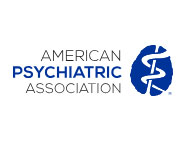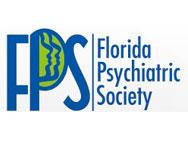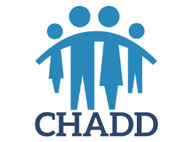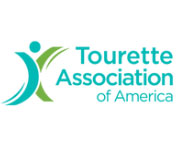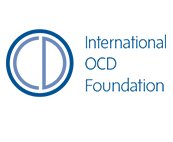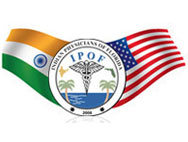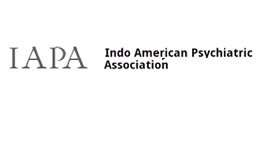Male Postpartum Depression: A Growing Concern

Male postpartum depression (PPD) affects up to 10% of fathers, particularly in low- and middle-income countries. Fathers experiencing PPD may face challenges like anxiety, obsessive-compulsive behaviors, and somatic symptoms. This condition can result in reduced engagement with their infants and decreased support for their partners, which can lead to strained relationships. Additionally, children of fathers with PPD are at risk of developmental delays and future mental health issues.
Barriers and Risk Factors
Research on male PPD in low-income countries is limited, but studies suggest that factors like financial strain, low education levels, and lack of social support contribute to its prevalence. In Pakistan, where PPD rates in men can reach as high as 23.5%, the condition is often neglected in both clinical and research settings.
Addressing Male PPD: Learning Through Play Plus Dads (LTP + Dads)
To address this gap, an intervention called Learning Through Play Plus Dads (LTP + Dads) was developed. This program, delivered by community health workers in Pakistan, focuses on improving fathers’ knowledge of child development, stress management, and overall psychological well-being. A feasibility trial showed promising results, reducing depressive symptoms and improving self-esteem and attitudes toward child development.
The Cluster Randomized Trial
Building on these findings, a randomized clinical trial was conducted in Karachi, Pakistan, involving 357 father-child pairs. Fathers in the intervention group participated in 12 group sessions covering child development and managing depression. Results indicated significant reductions in depression and anxiety symptoms, as well as improvements in social support, self-esteem, and parenting practices.
The Impact on Child Development and Family Well-Being
Children of fathers in the LTP + Dads program showed improvements in social-emotional development. Fathers also reported reduced parenting stress and better relationships with their partners. The intervention’s focus on the father’s mental health and parenting skills has the potential to foster healthier family dynamics and improve child development outcomes.
Conclusion
Addressing male PPD through integrated, community-based interventions like LTP + Dads can significantly improve mental health and parenting outcomes in low-resource settings. Continued research and wider implementation of such programs could have lasting benefits for both fathers and their children, helping to mitigate the long-term impacts of male postpartum depression.
Reference:
Husain MI, Kiran T, Sattar R, et al. A Group Parenting Intervention for Male Postpartum Depression: A Cluster Randomized Clinical Trial. JAMA Psychiatry. Published online October 02, 2024. doi:10.1001/jamapsychiatry.2024.2752
Dr.Kothari is amazing! She has been my doctor for years...
I have been a patient of Dr. Kothari for over three years. She has invested her heart...
Dr. Kothari has been seeing my sons for seven years. She is a wonderful resource...
Dr. Kothari is very caring. Appointments and waiting times are great...
When we started seeing Dr. Kothari, my son was dealing with a great...
Dr. Kothari has saved my life, this I can say without reservation...

 Patient Forms
Patient Forms Videos
Videos Location
Location





